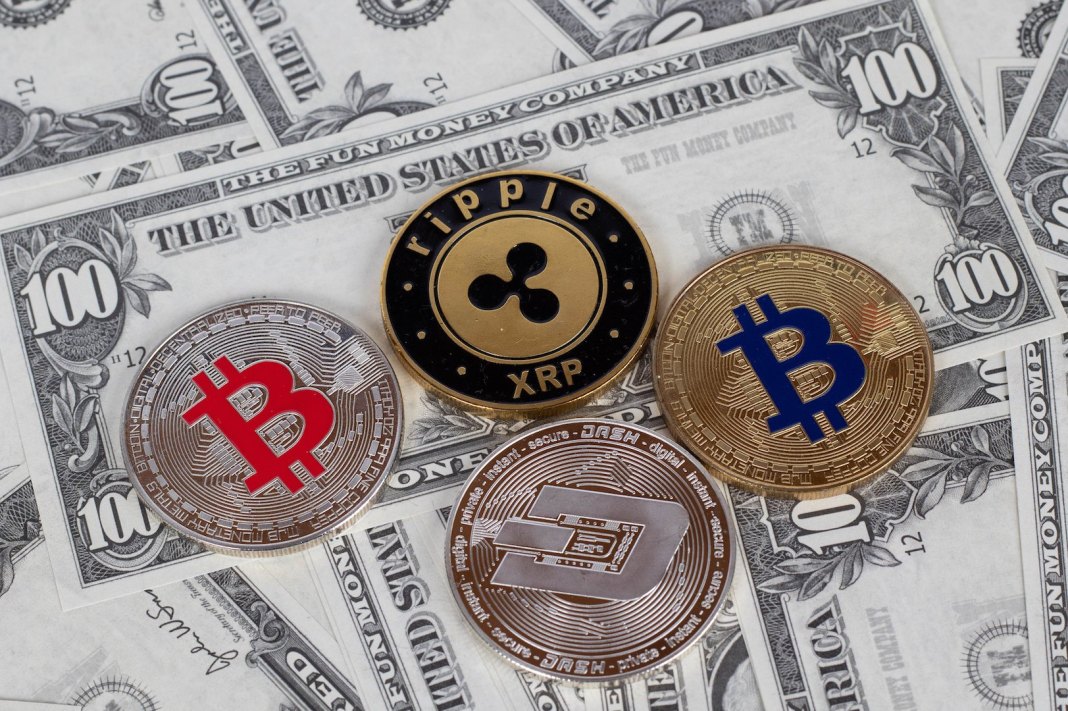Cryptocurrencies in Brazil May Soon be Regulated to Help Market Flourish
SÃO PAULO, BRAZIL – The surge of cryptocurrencies has reached South America’s largest nation. Brazil today is the world’s fourth largest in volume of transactions, and experts say regulating these types of currencies could reflect on gains to investors.

“Regulation is a catalyst for adoption (of cryptocurrencies) and I believe there will be a positive effect,” Juliana Assad, computer security specialist and co-founder of Coinwise in São Paulo, told The Rio Times.
With an eye on this new type of transaction, Brazil’s Congress has started to discuss the regulation of cryptocurrencies.
At the end of May, Brazil’s Chamber of Deputies President, Rodrigo Maia, ordered the creation of a commission to discuss cryptocurrency regulation. Faced with the growing threat of hackers in Brazil, debating the issue is seen as a security agenda in the fight against drug trafficking, money laundering, and internet rights violations.
At the beginning of July, Brazilian senator Flavio Arns introduced a bill that would regulate cryptocurrencies in the Senate.
Assad, however, is cautious about this recent interest of government officials with cryptocurrencies. “I believe in the importance of regulation, but am concerned that there be no excess controls and obligations that could impact the process of innovation and adoption or excessive costs for startups in the industry,” she says.

As for the bill introduced by Arns, she says, there have been advances such as data exchange responsibilities, brokerage, and client asset segregation policies, besides the obligation to clarify to users the risks of investments in crypto-assets.
“But there are still some debatable points, such as criminalization in cases of financial pyramids, which in my opinion is already considered a crime independent of the mechanism used,” she notes.
The bill also passes on the responsibility for regulation to the Central Bank and Brazil’s Security and Exchange Commission (CVM) as expected, but “also raises concerns about how these bodies would absorb this demand, and their positions, so as to allow a more open banking system and as more competition as has been preached by the BC,” she says.
Nonetheless, Assad believes Arns’s bill is “first text that we hope will evolve positively.” According to the computer security specialist, only a few countries, like Japan, have been able to adopt successfully regulation over cryptocurrency transactions within their borders. In the United States, the regulations are done individually by each state, adds Assad.
And despite the negative reports surrounding president Jair Bolsonaro and cryptocurrencies, Bolsonaro’s administration is seen by most market analysts as being favorable to the growth of cryptocurrencies transactions in Brazil. The appointment of Roberto Campos Neto as the new Central Bank president at the beginning of the year signals to a positive relationship between Brazil’s executive office and cryptocurrencies.
Before being sworn in as Central Bank’s president, Campos Neto wrote in a letter to Brazil’s Senate that he intended to prepare the institution to new technologies.
“I have studied and dedicated myself intensely to the design of what will be the financial system of the future. I participated in studies on blockchain and digital assets. One of the contributions I hope to bring to the Central Bank is to prepare the institution for the future market, where technologies advance exponentially, generating more rapid transformations,” he said in the letter to senators.

“We clearly see an evolution in the understanding of cryptocurrencies by the main regulators (Central Bank and CVM), but it is still a little-known subject for legislators,” says Assad.
According to her, two associations (ABCB and ABCripto) have recently been created to help broaden an understanding of cryptocurrencies, by both society and government bodies. “These (entities) will help stimulate positive debate and help regulate,” she concludes.
Currently, Brazil is one of the biggest cryptocurrency markets in Latin America. According to the website, Portal do Bitcoin, the accumulated volume for cryptocurrency transactions the first half of 2019 was 158,198 BTC, equivalent to more than R$3.7 billion. The result was a growth of twenty-one percent compared to the first semester of 2018, but due to the devaluation of the Brazilian currency, the total traded in Brazilian Rais was higher in 2018, of R$4.2 billion.








Gloss